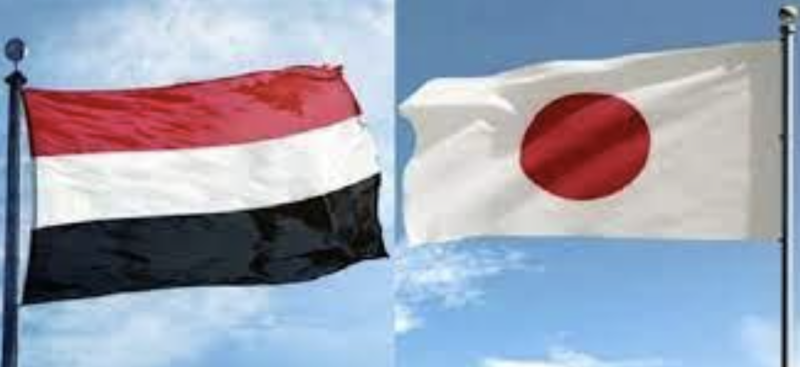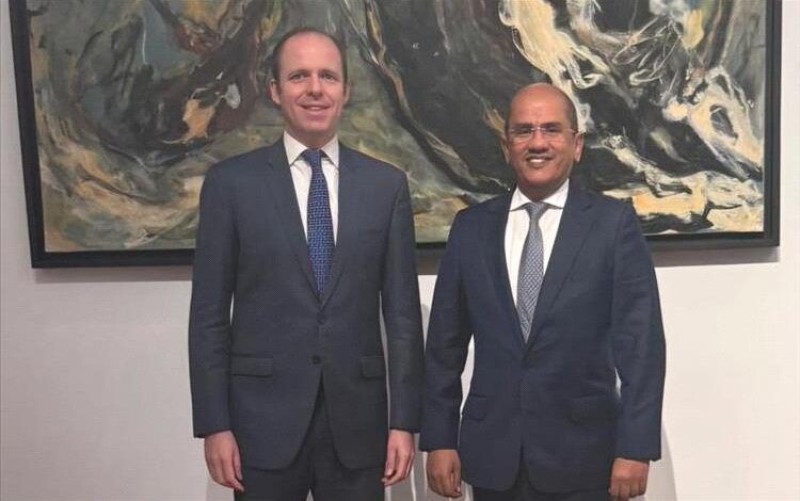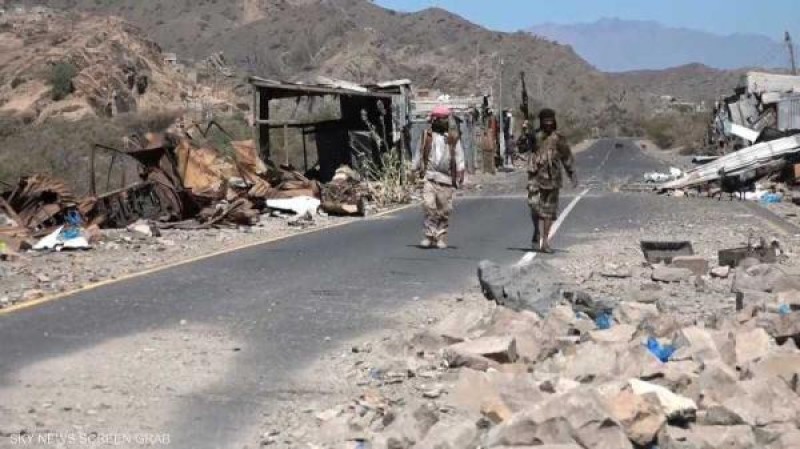Yemen : Violations by Conflict Parties Plunge Education into a Catastrophic State


Schools Must be Evacuated and Cease to be Targeted and Used; Ensuring a Safe Environment for Children to Receive Their Education is Imperative.
On the occasion of the annual International Day of Education, observed on January 24th, Mwatana for Human Rights has raised concerns about the dire state of education in Yemen, reaching a catastrophic level unprecedented in the nine years of armed conflict. Thousands of schools no longer meet even the basic educational requirements, a consequence of numerous violations committed by warring parties against the education sector. These violations encompass airstrikes and ground attacks, resulting in the complete or partial destruction of hundreds of schools and educational facilities.
Furthermore, military presence persists within schools and educational facilities, using them for military purposes. Dozens of schools and educational facilities remain under the control of warring parties, while de facto authorities have neglected to pay the salaries of tens of thousands of teachers. Additionally, war parties have imposed their war and ideological propaganda on school students.
Between January 2015 and December 2023, Mwatana meticulously documented approximately 700 incidents of violations against schools and educational facilities involving all parties in the Yemeni conflict. These infractions ranged from occupation, bombardment, and military utilization to a myriad of practices collectively eroding the educational process.
Radhya Al-Mutawakel, Chairperson of Mwatana for Human Rights, stated, "The multiple violations against education and educational institutions have dealt severe blows to the future of Yemenis, impacting not only their present rights and lives but also becoming a prominent aspect of the conflict in Yemen, as it struggled against illiteracy." Al-Mutawakel added, "Warring parties must spare educational institutions from conflict. Militants continuing to utilize schools should relinquish them, allowing their children to receive education and securing a brighter future for the next generation."
Since the outbreak of armed conflict in late 2014, following the Ansar Allah (Houthi) group's forcible seizure of the capital Sana'a, violence has intensified, reaching its peak in early 2015 with the initiation of military operations by the Saudi/UAE-led coalition. Schools and educational facilities have experienced various forms of violations, with the Ansar Allah (Houthi) group and government forces, including those affiliated with the Eslah Party, as well as the Saudi/UAE-led coalition forces and armed groups supported by the UAE, such as the Southern Transitional Council forces, conducting attacks on schools and educational facilities. They have not only occupied these institutions but also utilized them for military purposes, turning them into bases, firing sites, and detention centers.
The armed conflict caused extensive damage to the education sector, affecting all elements of the educational system. Thousands of students found themselves without schools or teachers, while the destruction forced many other children to receive their lessons outdoors. The interruption of salaries and the decline in teachers in areas controlled by the Ansar Allah (Houthi) group led to a drastic deterioration in the entire education process. The education process went through a challenging phase and has never been as critical as it is now. The Ansar Allah (Houthi) group imposed unilateral modifications on curricula, and they extensively utilized both private and government schools to host religious and political events.
As Yemen slid into war, cities and residential areas in the north and south increasingly transformed into battlefields. This led to a rising number of schools being either destroyed or utilized, causing significant harm to children. They not only became victims of military operations but were also recruited and used as soldiers in the conflict.
International conventions emphasize the protection of education during armed conflicts, and the United Nations Security Council has taken several significant steps to safeguard education from attacks. Among them is Resolution 2601 (2021), in which the Council condemned attacks on schools, educational facilities, and civilians associated with them. It urged member states to implement measures to prevent and respond to such attacks.
Mwatana for Human Rights reiterated the call for all conflict parties to immediately stop using schools, cease targeting them, spare children from the ravages of conflict, and ensuring a safe environment for them to receive education peacefully.

Sana’a — The Government of Japan has pledged a new humanitarian assistance package worth approximately $13.8 million to Yemen, aimed at…

Madrid — Ambassador to Spain, Aws Al-Aud, held talks with Fernando Heredia Noguer, Director of International Relations at Spain’s Minis…

Lahj — Heavy fighting broke out Tuesday evening between Southern Armed Forces and Houthi militias along the Tor al-Baha front, west of Lahj p…